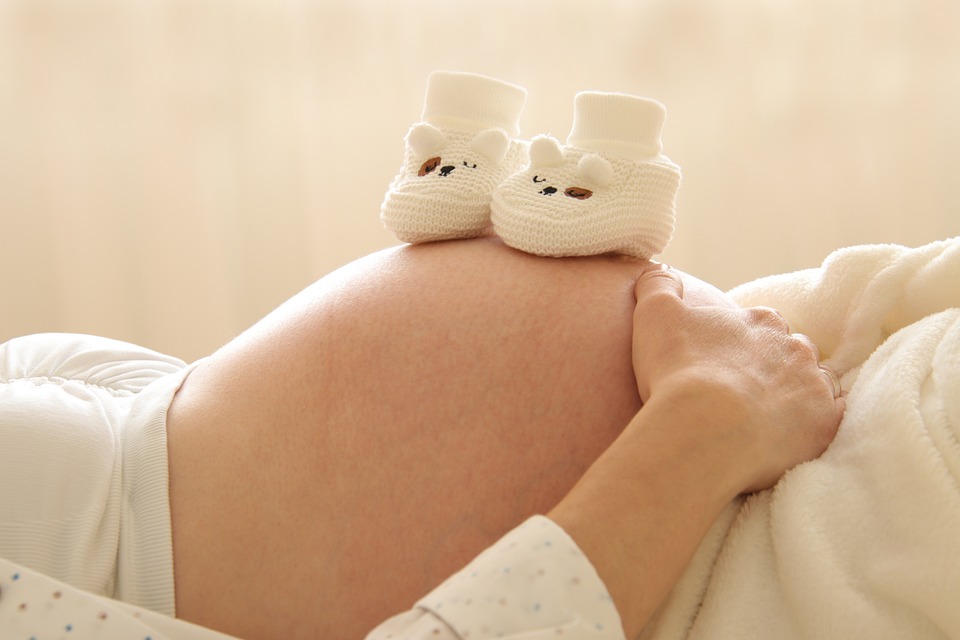Pregnancy is one of the most exciting and transformative phases in a woman’s life. However, with the joy of pregnancy comes the responsibility of ensuring a healthy pregnancy and a healthy baby. While there are many things you should do during pregnancy, such as eating a balanced diet and getting enough exercise, there are also several things you should avoid.
These things are not always well known or commonly discussed, but they are important to consider for the well-being of both you and your baby. In this article, we’ll delve into some uncommon “don’ts” during pregnancy that every expectant mother should be aware of. Whether you’re a first-time mom or a seasoned pro, read on to learn about some essential precautions to take during your pregnancy.
Hot Tubs and Saunas
Table of Contents
Hot tubs and saunas can raise the body temperature to a level that can be harmful to your developing baby. The heat can cause the blood vessels to dilate and reduce the blood flow to your uterus, potentially affecting your baby’s growth.
National Health Service notes that using a sauna, jacuzzi, hot tub, or steam room can pose a risk to your pregnancy, as your body’s ability to regulate its temperature is compromised. The heat from these sources causes your core body temperature to rise, and in the first 12 weeks of pregnancy, this could potentially cause harm to your developing baby.
During this time, the major organs of your baby are forming, and a significant increase in core temperature could interfere with this critical process. It’s important to be mindful of the potential risks and to avoid using these types of heat sources during pregnancy.
Certain Fish
The Mayo Clinic reports that some types of seafood, especially large predatory fish like sharks and swordfish, are high in mercury. While this amount of mercury is not a concern for most adults, it is important for pregnant women or those planning to become pregnant to take special precautions.
Consuming these types of fish regularly can lead to the accumulation of mercury in the bloodstream over time, potentially damaging the developing brain and nervous system of the baby.
Herbal Supplements
It’s important to be cautious when using herbal supplements during pregnancy, as some herbs that are safe for the general population may not be safe for expectant mothers.
According to American Pregnancy Association, the FDA advises pregnant women to avoid taking any herbal products without first consulting their healthcare provider. This is to ensure that any herbal supplement taken during pregnancy does not cause harm to the developing baby or result in a miscarriage.
Additionally, women are encouraged to seek advice from a trained and experienced herbalist or other professionals knowledgeable about herbs to ensure the safety of taking any herbs during pregnancy.
Cleaning Products
Exposure to certain chemicals, such as bleach and ammonia, can be harmful to your baby. Cleaning products containing these chemicals can cause respiratory problems and affect your baby’s development. To reduce your risk of exposure, opt for natural cleaning products or wear gloves when using chemical-based cleaning products.
Certain OTC Medicines
Some over-the-counter (OTC) drugs, such as pain relievers and cold remedies, have the potential to harm a developing fetus and should be used with caution during pregnancy. This is because these medications have the ability to cross the placenta and impact the growth and development of the fetus.
For example, there is growing evidence linking the use of drugs like Tylenol with an increased risk of developmental disorders in children, including Autism Spectrum Disorder (ASD) and Attention Deficit Hyperactivity Disorder (ADHD). Pre-natal exposure to acetaminophen (the active ingredient in Tylenol) can interfere with fetal development, resulting in neurodevelopment disorders.
The recent Tylenol lawsuit has brought attention to these dangers and is currently presented before the US federal court as a class action lawsuit seeking to advance the Tylenol autism litigation. The lawsuit alleges that Johnson & Johnson, the manufacturers of Tylenol, failed to adequately warn consumers about the risks of consuming the medication during pregnancy.
Prolonged Sitting
Sitting for long periods of time can reduce blood flow, causing circulation problems and increasing the risk of blood clots. To maintain good circulation and reduce the risk of blood clots, make sure to take breaks and move around often. This can also help reduce fatigue, swelling, and other discomforts commonly experienced during pregnancy.
In conclusion, it’s important to be mindful of your actions during pregnancy, as they can have an impact on your baby’s health and development. Consult with your healthcare provider before making any changes to your routine or lifestyle during pregnancy to ensure a healthy pregnancy and a healthy baby.

